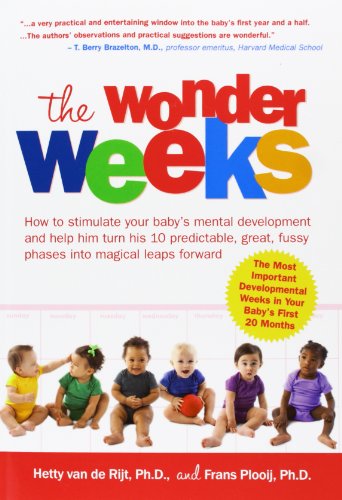If you are a consumer you can cancel the contract in accordance with the following. Consumer means any natural person who is acting for purposes which are outside his trade, business, craft or profession.
INFORMATION REGARDING THE RIGHT OF CANCELLATION
Statutory Right to cancel
You have the right to cancel this contract within 14 days without giving any reason.
The cancellation period will expire after 14 days from the day on which you acquire, or a third party other than the carrier and indicated by you acquires, physical possession of the the last good or the last lot or piece.
To exercise the right to cancel, you must inform us, Revaluation Books, Exstowe, Exton, EX3 0PP, Exeter, United Kingdom, 44 1179083586, of your decision to cancel this contract by a clear statement (e.g. a letter sent by post, fax or e-mail). You may use the attached model cancellation form, but it is not obligatory. You can also electronically fill in and submit a clear statement on our website, under "My Purchases" in "My Account". If you use this option, we will communicate to you an acknowledgement of receipt of such a cancellation on a durable medium (e.g. by e-mail) without delay.
To meet the cancellation deadline, it is sufficient for you to send your communication concerning your exercise of the right to cancel before the cancellation period has expired.
Effects of cancellation
If you cancel this contract, we will reimburse to you all payments received from you, including the costs of delivery (except for the supplementary costs arising if you chose a type of delivery other than the least expensive type of standard delivery offered by us).
We may make a deduction from the reimbursement for loss in value of any goods supplied, if the loss is the result of unnecessary handling by you.
We will make the reimbursement without undue delay, and not later than 14 days after the day on which we are informed about your decision to cancel with contract.
We will make the reimbursement using the same means of payment as you used for the initial transaction, unless you have expressly agreed otherwise; in any event, you will not incur any fees as a result of such reimbursement.
We may withhold reimbursement until we have received the goods back or you have supplied evidence of having sent back the goods, whichever is the earliest.
You shall send back the goods or hand them over to us or Revaluation Books, Edward Bowditch Ltd, Clifton Heights, Triangle West, BS8 1EJ, Bristol, United Kingdom, 44 1179083586, without undue delay and in any event not later than 14 days from the day on which you communicate your cancellation from this contract to us. The deadline is met if you send back the goods before the period of 14 days has expired. You will have to bear the direct cost of returning the goods. You are only liable for any diminished value of the goods resulting from the handling other than what is necessary to establish the nature, characteristics and functioning of the goods.
Exceptions to the right of cancellation
The right of cancellation does not apply to:
- the delivery of newspapers, journals or magazines with the exception of subscription contracts; and
- the supply of digital content (including ebooks) which is not supplied on a tangible medium (e.g. on a CD or DVD) if you accepted when you placed your order that we could start to deliver it, and that you could not cancel it once delivery had started.
Model withdrawal form
(complete and return this form only if you wish to withdraw from the contract)
To: (Revaluation Books, Exstowe, Exton, EX3 0PP, Exeter, United Kingdom, 44 1179083586)
I/We (*) hereby give notice that I/We (*) withdraw from my/our (*) contract of sale of the following goods (*)/for the provision of the following goods (*)/for the provision of the following service (*),
Ordered on (*)/received on (*)
Name of consumer(s)
Address of consumer(s)
Signature of consumer(s) (only if this form is notified on paper)
Date
* Delete as appropriate.
